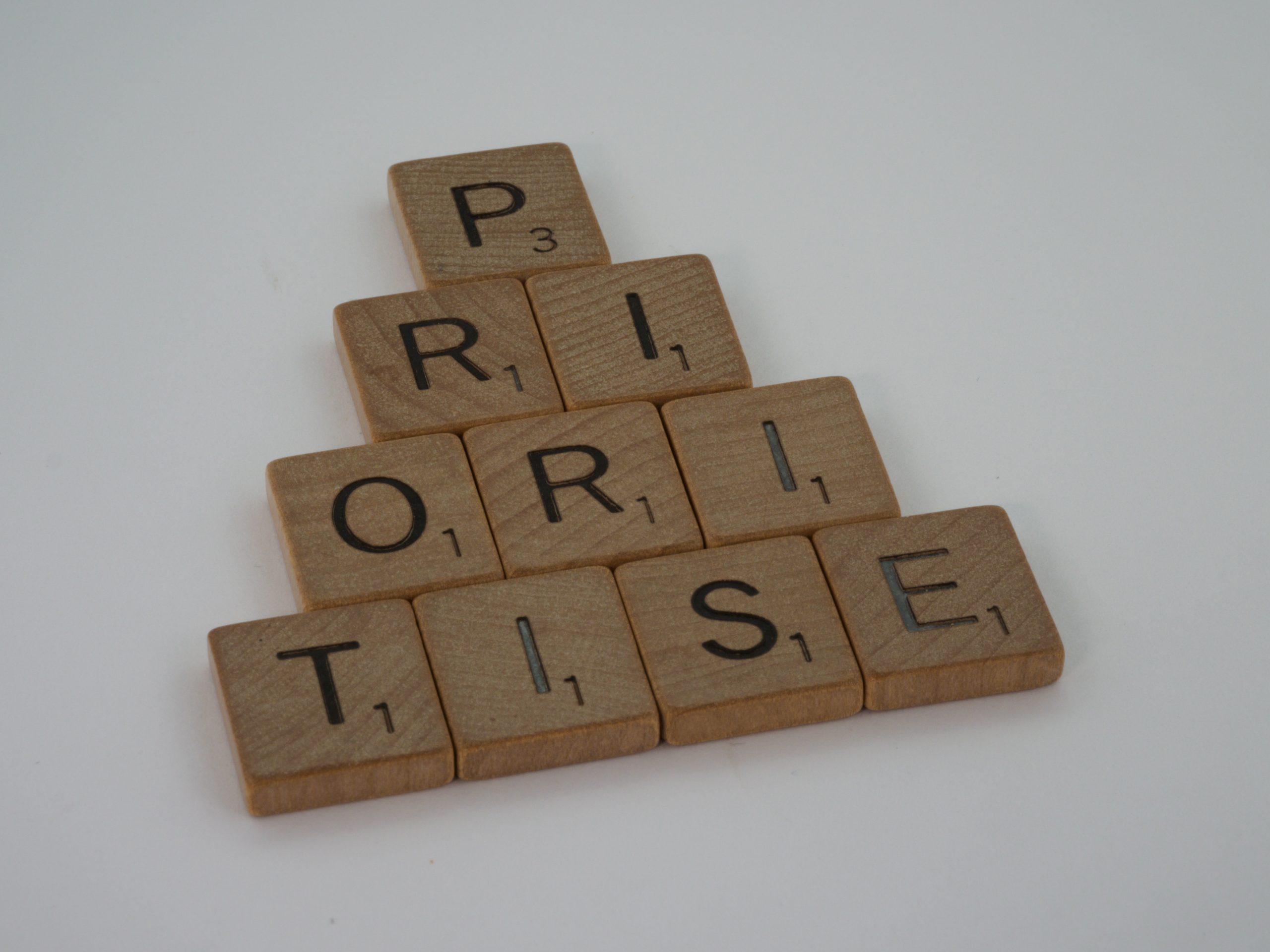
Priorities Change: Staying Mentally Flexible
Self-defense training is an important aspect of personal safety. It teaches us how to see pre-contact cues in order to avoid a deteriorating situation, protect ourselves from potential harm and prepares us for unexpected situations. However, as we progress in life, our priorities change, and it’s essential to adapt our self-defense training accordingly.
One of the crucial aspects of self-defense training is staying mentally flexible. This means being open to new techniques and approaches, being adaptable to different scenarios, and constantly reassessing our priorities. A young college student may focus on physical techniques and striking to defend themselves against potential attackers. However, as they grow older and their lifestyle changes, their priorities may shift towards avoiding potentially dangerous situations altogether. It becomes more beneficial for them to focus on and gain a better understanding of situational awareness and conflict resolution in addition to physical self-defense techniques.
Similarly, as I have aged, my physical abilities have not. Attributes such as agility, explosiveness, and flexibility are not what they once were. I have found it necessary to modify my approach to my self-defense techniques to accommodate my physical abilities. This means focusing more on leverage, patience, and gaining a deeper understanding of my Jiu Jitsu techniques. It has also meant a focus on keeping my fitness level up, working on the technical aspect of Jiu Jitsu and not depending upon my physical attributes as much. Staying mentally flexible also means being willing to learn from different sources. While we may have a preferred style or teacher, it’s essential to remain open to other methods and techniques. Attending seminars, workshops, and training camps can expose us to new ideas and approaches that we may not have considered before.
Another aspect of mental flexibility is being able to adapt to different environments. Self-defense techniques that work well in a gym or dojo may not be as effective in a real-life situation. Practicing in different environments and scenarios can help prepare us for unexpected situations. It is my personal belief that scenario training is an under-utilized, under developed, and under trained part of the martial arts. However, it must be conducted with strict safety parameters.
It’s also important to remember that our priorities can change in an instant. A sudden change in our life circumstances, such as a move to a new city or a change in employment, or an unfavorable medical diagnosis can alter our risk factors and require us to reassess our self-defense training. Being mentally flexible means being prepared to adjust our training to meet our current needs.
Self-defense training is an ongoing process that requires mental flexibility. As our priorities change and our bodies age, it’s important to reassess our training and adapt to our current needs. By staying open to new techniques and approaches, being adaptable to different scenarios, and constantly reassessing our priorities, we can ensure that our self-defense training remains effective throughout our lives.
